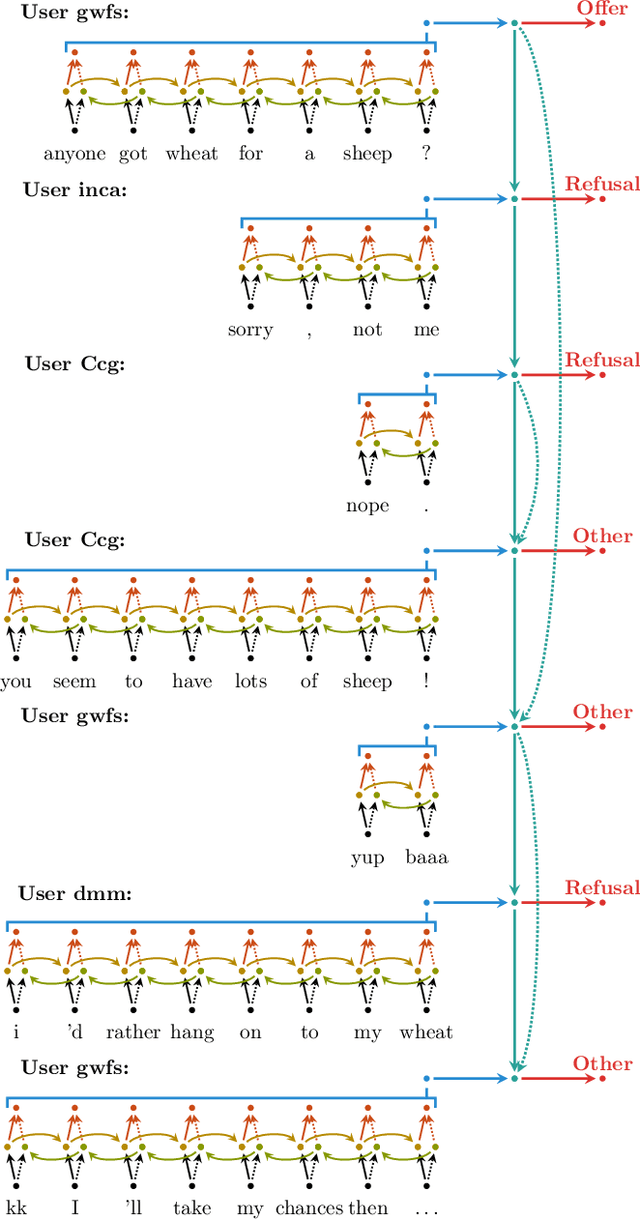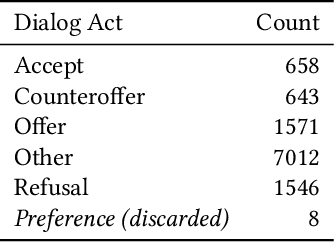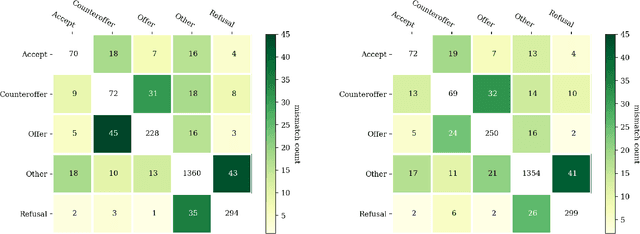Brendan Fahy
Adapting Whisper for Streaming Speech Recognition via Two-Pass Decoding
Jun 13, 2025Abstract:OpenAI Whisper is a family of robust Automatic Speech Recognition (ASR) models trained on 680,000 hours of audio. However, its encoder-decoder architecture, trained with a sequence-to-sequence objective, lacks native support for streaming ASR. In this paper, we fine-tune Whisper for streaming ASR using the WeNet toolkit by adopting a Unified Two-pass (U2) structure. We introduce an additional Connectionist Temporal Classification (CTC) decoder trained with causal attention masks to generate streaming partial transcripts, while the original Whisper decoder reranks these partial outputs. Our experiments on LibriSpeech and an earnings call dataset demonstrate that, with adequate fine-tuning data, Whisper can be adapted into a capable streaming ASR model. We also introduce a hybrid tokenizer approach, which uses a smaller token space for the CTC decoder while retaining Whisper's original token space for the attention decoder, resulting in improved data efficiency and generalization.
Dialogue Act Classification in Group Chats with DAG-LSTMs
Aug 02, 2019



Abstract:Dialogue act (DA) classification has been studied for the past two decades and has several key applications such as workflow automation and conversation analytics. Researchers have used, to address this problem, various traditional machine learning models, and more recently deep neural network models such as hierarchical convolutional neural networks (CNNs) and long short-term memory (LSTM) networks. In this paper, we introduce a new model architecture, directed-acyclic-graph LSTM (DAG-LSTM) for DA classification. A DAG-LSTM exploits the turn-taking structure naturally present in a multi-party conversation, and encodes this relation in its model structure. Using the STAC corpus, we show that the proposed method performs roughly 0.8% better in accuracy and 1.2% better in macro-F1 score when compared to existing methods. The proposed method is generic and not limited to conversation applications.
 Add to Chrome
Add to Chrome Add to Firefox
Add to Firefox Add to Edge
Add to Edge